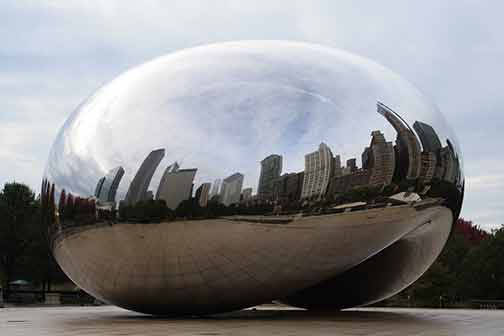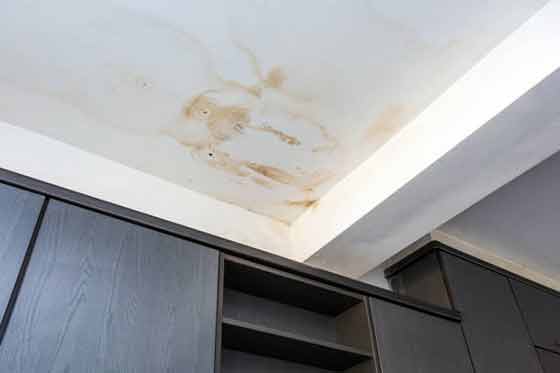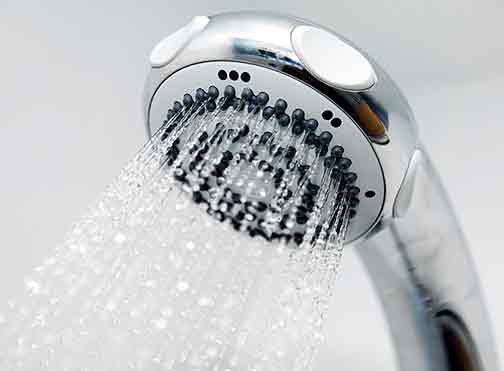
As a resident of the Windy City, you may have noticed a sudden spike in your water utility bill. It’s understandable if you are confused and wondering what could be the reason behind such a rise. While you may be using the same amount of water as usual, the bill will continue increasing unless you address the underlying issue. In this article, we will outline some of the reasons why your Chicago water utility bill could be skyrocketing all of a sudden.
Water Rates Increase
One of the obvious reasons why your water utility bill may have dramatically increased is due to water rates increase in Chicago. In 2021, the City of Chicago adopted a new water rate hike, with the aim of increasing water and sewer rates by an average of 6.2%. As a result, households that consume well over 7,500 gallons of water per billing cycle will notice an average increase of $4.34 in their water bill. However, this doesn’t explain why your bill is getting higher so quickly.
Leaking or Dripping Faucets
If you have leaking or dripping faucets in your home, you will definitely see a significant increase in your water utility bill. Leaking faucets may seem insignificant at first, but when left unattended for long periods, they can quickly become a source of water wastage. Not only do you lose gallons of water, but the leakage also increases your bill.
Running Toilets
Running toilets are another major cause of higher than usual water bills. In many cases, a running toilet can waste up to two full gallons of water per minute, leading to thousands of gallons every day. This can lead to a considerable increase in your water bill, despite having the same water consumption habits. It is advisable to have running toilets fixed as soon as possible to avoid further wastage.
Change in Water Usage Habits
Another possible reason why your water bill has suddenly increased is due to a change in water consumption habits. Perhaps you have added new household members, are doing more laundry or dishes, taking showers more often or watering the garden. A few small changes in your usage habits can quickly add up and lead to an increase in your water bill.

Hidden leaks may be happening behind walls or underground where it’s difficult to access, but you may notice a sudden change in your water bill.
Hidden Leaks
Apart from the apparent leaks and drips that you can easily notice, broken pipes and hidden leaks can cause an unexpected surge in your water utility bill. Hidden leaks may be happening behind walls or underground where it’s difficult to access, but you may notice a sudden change in your water bill. Therefore, if you’ve investigated other potential causes such as running toilets and dripping faucets, and haven’t found a solution, it’s recommended to contact a professional plumber to identify and repair any hidden water leaks.
Water Softener or Water Filtration System Malfunctions
If you have a water softener or water filtration system installed in your home, a malfunction in the system can also lead to an abrupt increase in your water bills. For instance, if the system runs continuously or isn’t programmed with the correct settings, it can cause a considerable spike in your water usage and your water utility bill.
In Conclusion
In conclusion, a sudden increase in your water utility bill can be frustrating and stressful. However, understanding the underlying causes and addressing them promptly can go a long way in decreasing your water consumption and your bill. It is essential to take action as soon as you suspect any of the above causes in order to save your hard-earned cash. Nonetheless, if you’ve investigated all of the potential causes and are unable to determine what’s causing the sudden increase in your bills, do not hesitate to get in touch with your water utility company and get a professional assessment, so issues can be identified and resolved as soon as possible.
